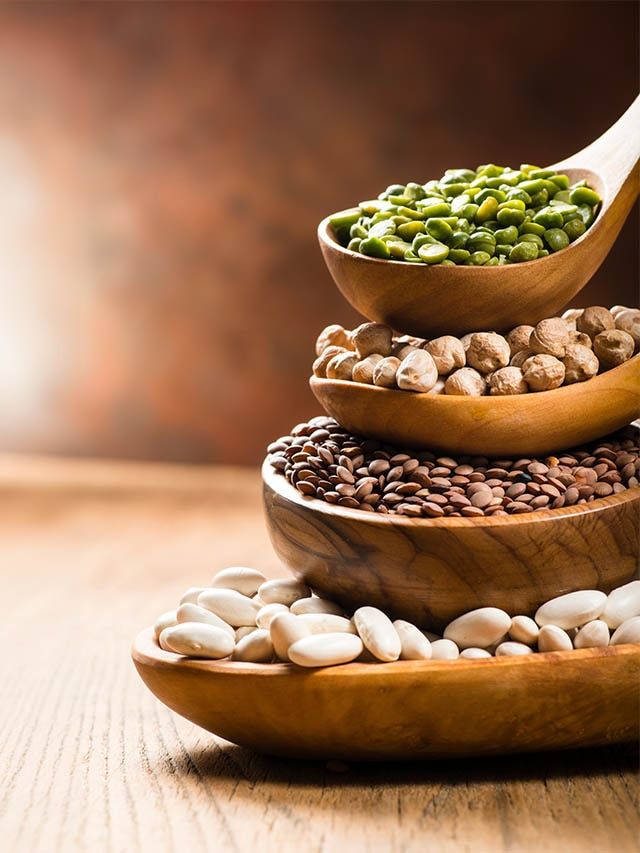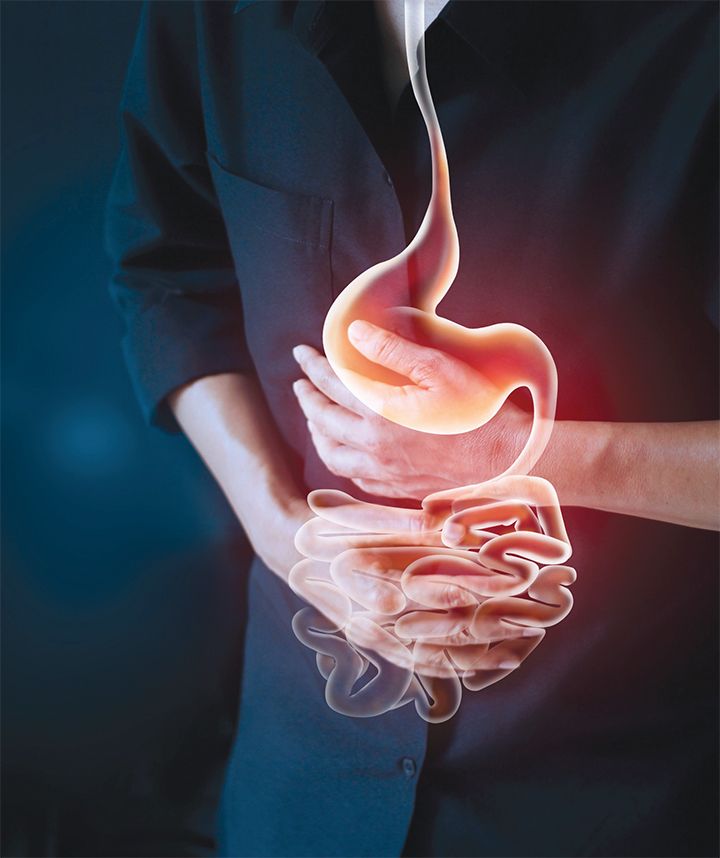Irritable Bowel Syndrome (IBS) is a common digestive disorder characterised by symptoms like bloating, abdominal pain, diarrhoea, and constipation. While triggers vary from person to person, certain foods are known to commonly aggravate IBS symptoms.
These foods would triggers your symptoms –
1. Dairy Products

Milk, cheese, yogurt, and other dairy items can be problematic, especially for those with lactose intolerance. Lactose can ferment in the gut, causing bloating, gas, and diarrhoea. Consider lactose-free options or plant-based alternatives like almond, oat, or soy milk.
2. High-FODMAP Vegetables

Vegetables like broccoli, cauliflower, cabbage, onions, and garlic are high in FODMAPs (fermentable oligosaccharides, disaccharides, monosaccharides, and polyols). These fermentable carbs can trigger gas, bloating, and abdominal pain in people with IBS.
3. Legumes and Beans

Beans, lentils, chickpeas, and peas are nutritious but can be difficult to digest. They contain oligosaccharides, which can ferment in the gut and increase gas production, worsening IBS symptoms.
4. Processed Foods

Foods high in refined sugars, preservatives, and artificial sweeteners (like sorbitol or mannitol) can irritate the gut. Packaged snacks, sugary drinks, and processed meals may trigger bloating and diarrhoea.
5. Gluten-Containing Foods

Some people with IBS are sensitive to gluten, a protein found in wheat, barley, and rye. Gluten can exacerbate abdominal pain, gas, and irregular bowel movements. Gluten-free alternatives may help reduce these symptoms.
6. Fried and Fatty Foods

Greasy foods such as fried snacks, fast food, and fatty cuts of meat can slow digestion and trigger diarrhoea or cramping. Opting for lean proteins and healthy fats may be easier on your digestive system.
7. Caffeinated and Carbonated Beverages

Coffee, tea, soda, and energy drinks can stimulate the gut and cause diarrhoea or bloating. Carbonation adds extra gas to the digestive tract, which can worsen discomfort.
8. Spicy Foods

Spicy foods, including chilli, hot sauces, and heavily seasoned dishes, can irritate the digestive tract. Capsaicin—the compound that makes chilli peppers hot—can speed up gut motility, leading to diarrhoea or abdominal discomfort in some people with IBS.
Understanding and managing IBS triggers is key to reducing discomfort and improving digestive health. By being aware of common food triggers and making mindful dietary choices, individuals with IBS can better control their symptoms and enjoy a more comfortable lifestyle.

